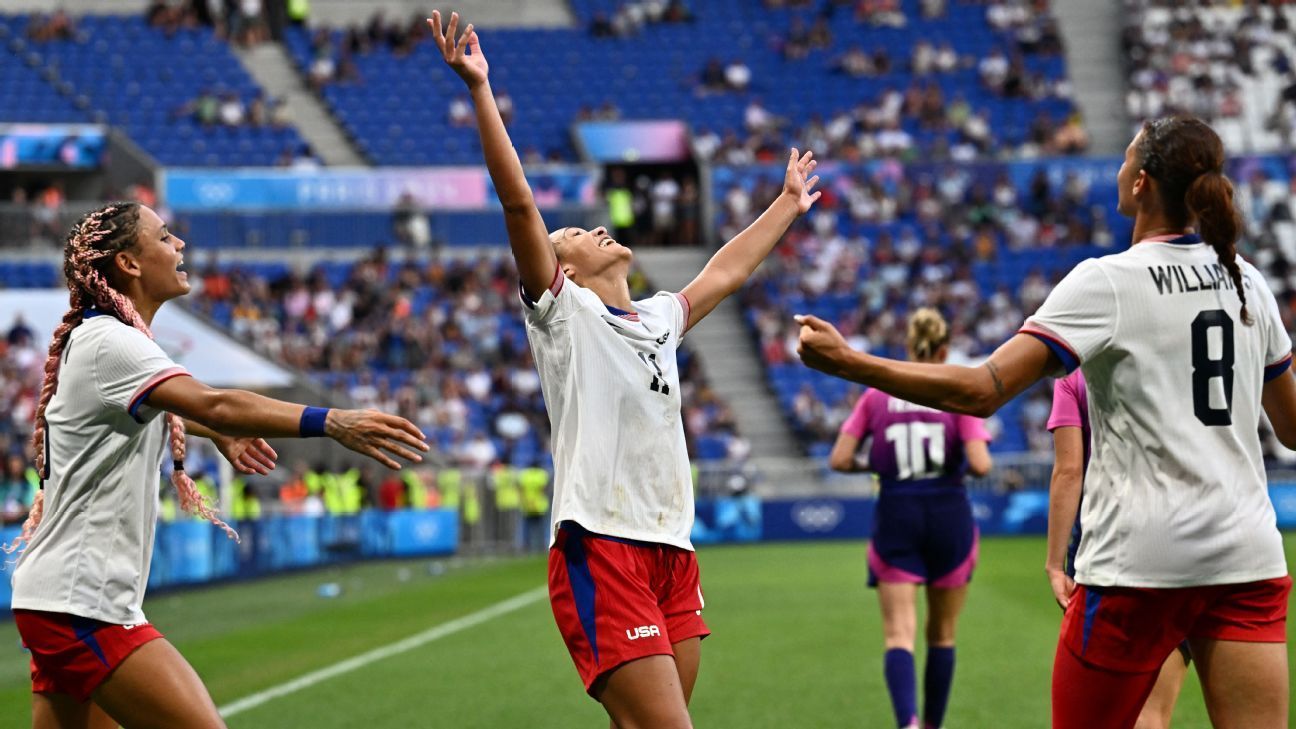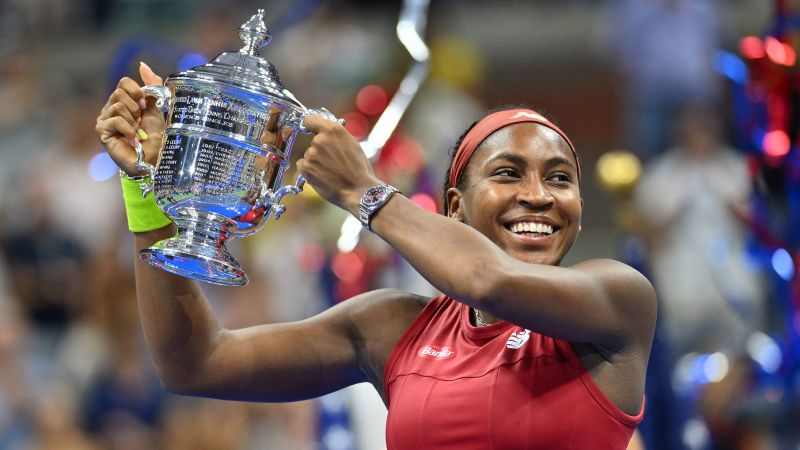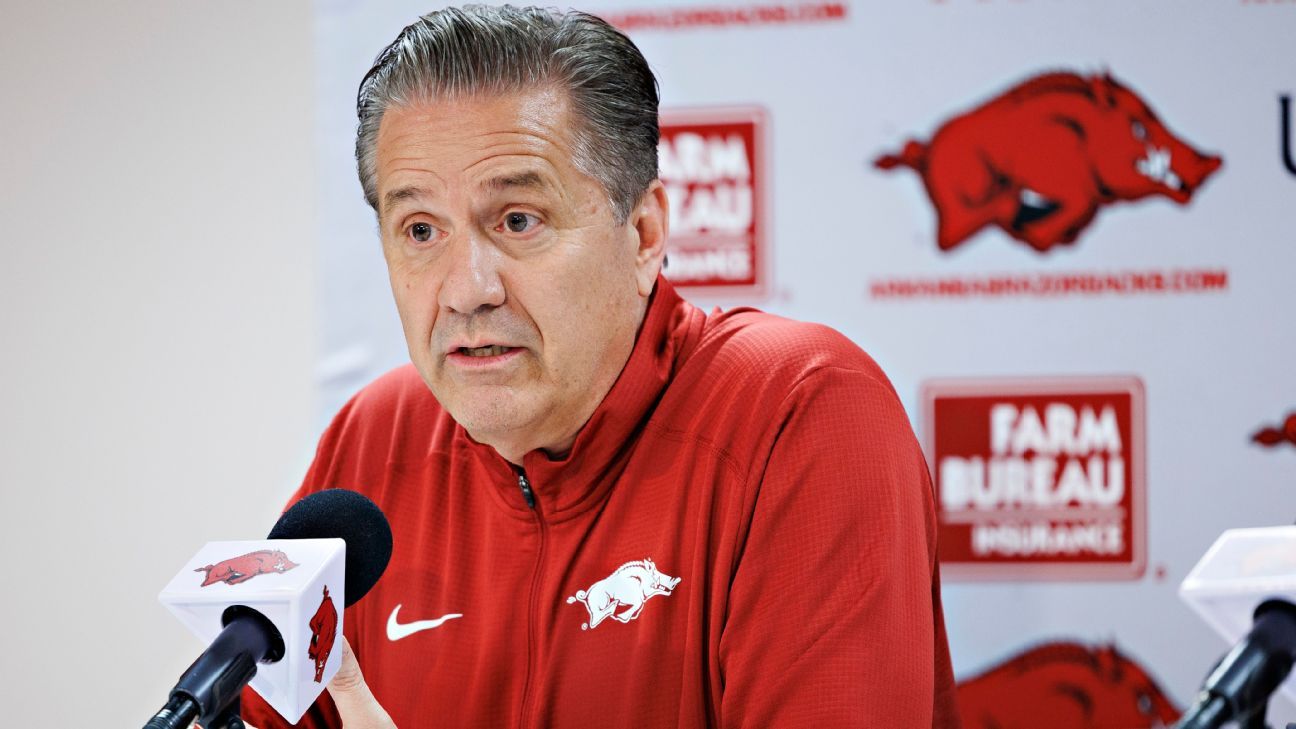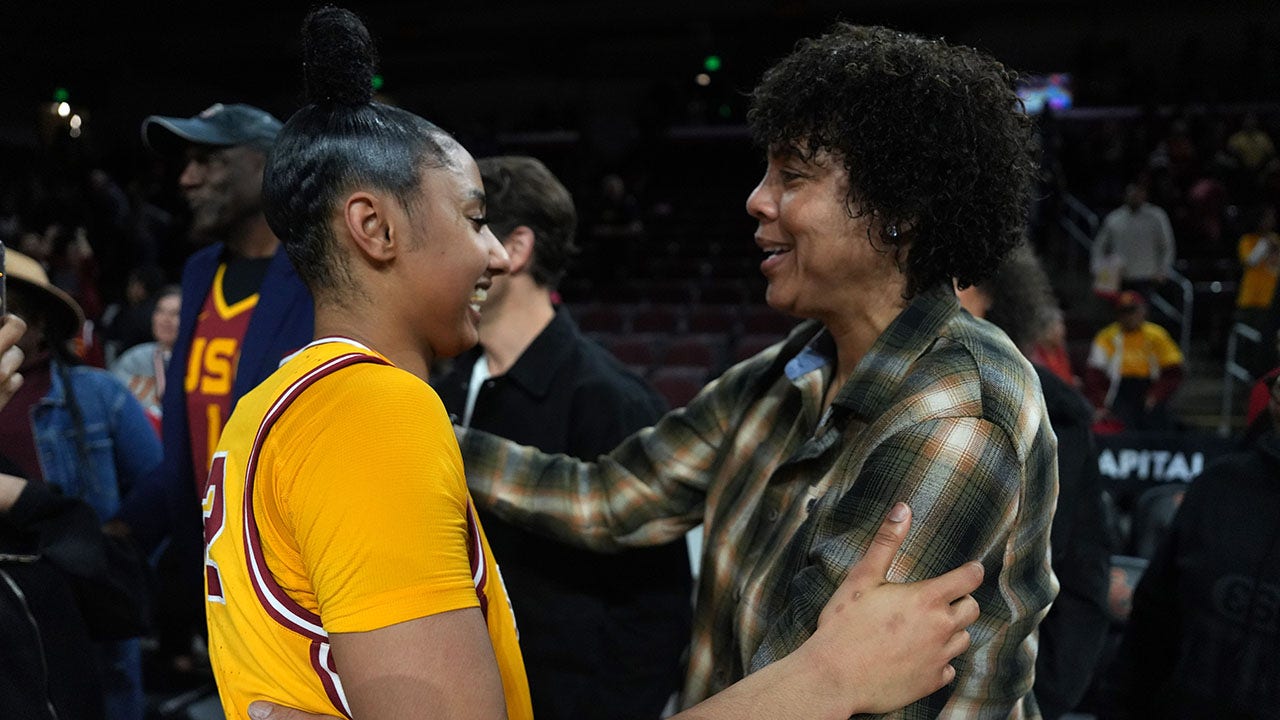The identity of the U.S. women's national team is still being constructed, but Tuesday's 2024 Olympic women's soccer semifinal proved once again that the Americans are a force on both ends of the field.
Although Germany controlled the midfield against the United States for long stretches of the match, the Americans proved superior inside each penalty area, as they had done nine days earlier in their group stage clash, when they won 4-1. Forward Sophia Smith scored in the first half of overtime to lead the U.S. women’s team to a 1-0 victory and a spot in the Olympic gold medal game for the first time since 2012.
The lone goal marked a very different game than the U.S. women's team's win over Germany in the group stage, but it was all that was needed thanks to another determined defensive effort. Center back Naomi Girma was sensational again, as she has been on the field for every minute of these Olympics and last year's World Cup, and goalkeeper Alyssa Naeher made an acrobatic save on a kick in the final seconds of overtime to deny Germany an equalizer.
These were the turning points in a game of attrition in the midfield, with the U.S. struggling at times to deal with Germany's rotations and formation changes with and without the ball. The difference in the game was the Americans' precision and consistency inside the box at both ends of the field.
The circumstance of Smith's goal was eerily similar to teammate Trinity Rodman's overtime winner three days earlier in the quarterfinals against Japan: a brilliant finish that capped a strong, ironic stretch of play by the Americans.
Girma fed a ball to midfielder Sam Coffey, who turned and, in a rare moment, had time to control the ball in the middle. Coffey then found Mallory Swanson with a vertical pass down Germany’s spine (which for once looked misshapen) and Swanson’s through ball to Smith was perfectly weighted to take out Germany goalkeeper Ann-Katrin Berger while she was within Swanson’s reach.
That quality in the final third has been a catalyst for the U.S. women’s national team’s success during these Olympics. Swanson, Smith and Trinity Rodman have collectively contributed to 10 of the Americans’ 11 goals, a tangible sign of how incredible the trio has been — in stark contrast to last year’s World Cup, which Swanson missed due to injury and where Rodman and Smith struggled as part of broader problems for the U.S.
Girma remains the constant at the other end of the field, even as fellow center back Tierna Davidson has struggled with injuries this tournament, including exiting Tuesday’s match at halftime. Girma snuffed out every German foray into the box on Tuesday, from last-minute headers while running toward her own goal to calmly collecting Germany’s crosses as if she were receiving a pass from her own teammate. Girma’s performance at these Olympics only reiterates what’s been obvious to anyone paying attention: She’s easily one of the best center backs in the world (if she isn’t already at age 24). That was evident at last year’s World Cup despite the U.S. women’s team’s struggles at the top of the field.
Now, Girma's defensive presence is a complement to an attack that is roaring at full speed. Naeher was rarely called upon to play in moments of real distress, but her clumsy save in the final moments of the match preserved the clean sheet and secured the victory.
Admittedly, part of the U.S. women's superiority inside the 18-yard box was due to Germany being without forward Lea Schüller and veteran Alexandra Popp, who missed the game due to injury. Even without them, Germany's creative rotation of players created an advantage in midfield. Jule Brand, normally a winger, oscillated between wide areas and a central position depending on whether Germany had possession, and helped the Germans overwhelm the U.S. women's central midfield.
That should be of particular concern to U.S. women's national team head coach Emma Hayes, considering Germany was without even central midfielder Lena Oberdorf, who suffered a significant knee injury just before the tournament. The U.S. midfield struggled in another way — too passive on the ball — in Saturday's quarterfinal match against Japan's low block. It also took late-game heroics from the front line to pull off that victory.
Still, Hayes and her players will be thrilled to be in Saturday's gold medal match, objectively ahead of schedule considering Hayes took over the team just two months ago. The U.S. women's team has found different ways to win throughout these Olympics, from dominating Zambia, Germany and Australia in the group stage to grinding out a disciplined Japanese team. Tuesday's performance was gritty, as each team dug in despite the exhaustion brought on by the demanding Olympic schedule and summer heat.
The Americans again showed they have flaws, including in midfield, but they also demonstrated something they haven’t shown, at least convincingly, since they were last in France, including Lyon, the site of both Tuesday’s semifinal and their triumph in the 2019 World Cup final: This is a team that has found the right combination of talent, coaching and toughness to solve the various challenges that have been presented to them. It’s an old recipe for success for the U.S. women’s team, and it now has them one win away from their fifth Olympic gold medal.












